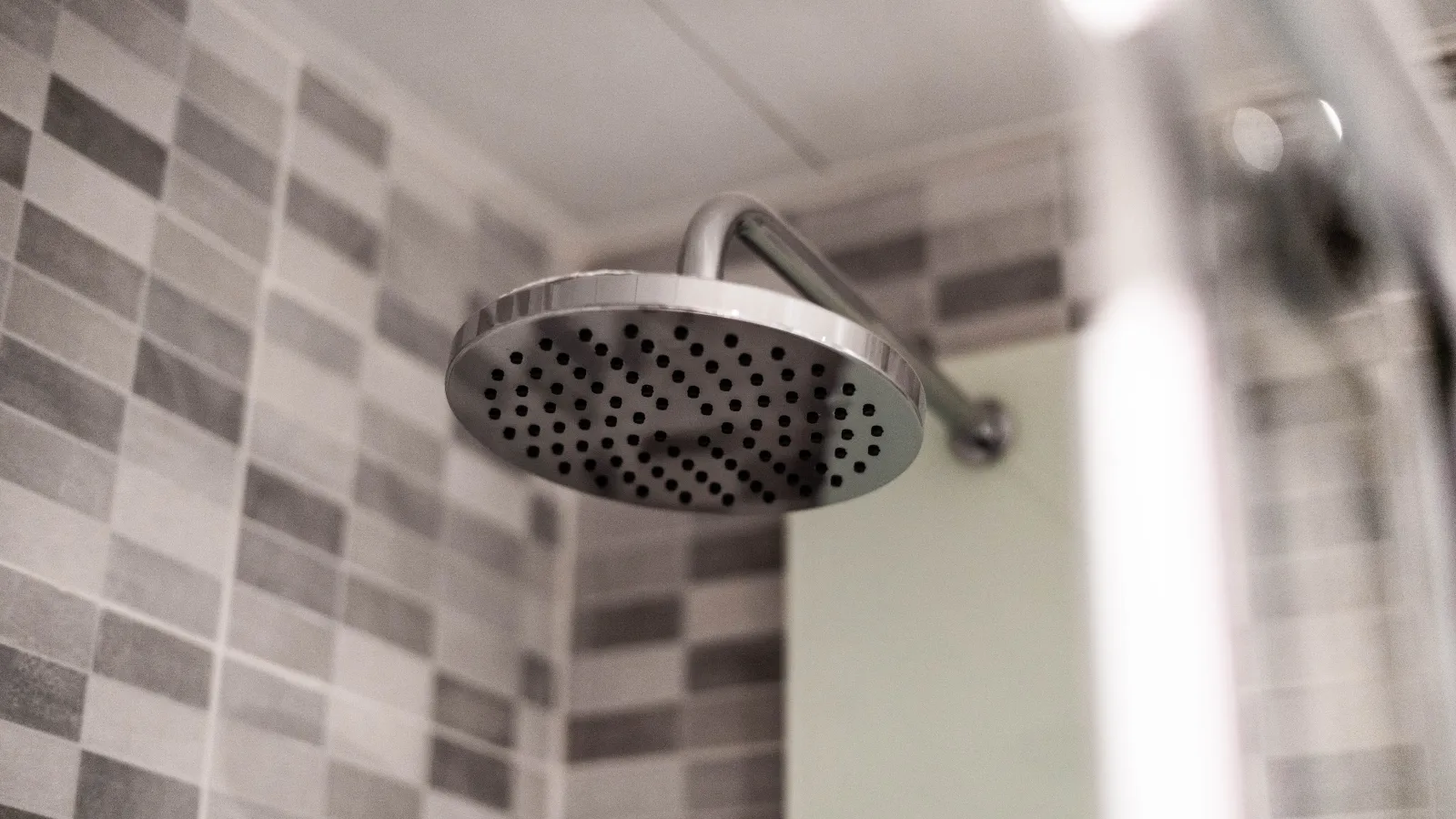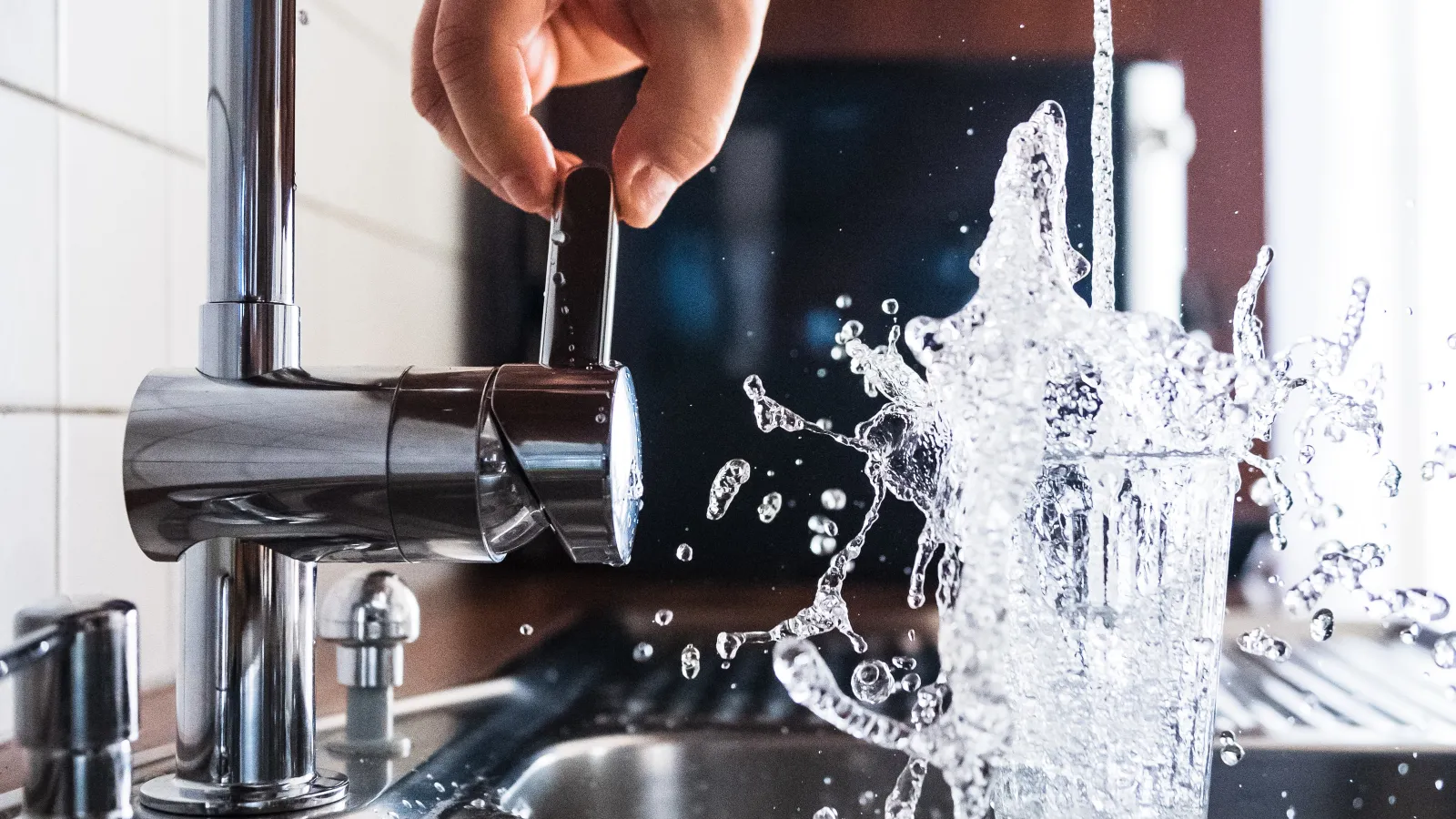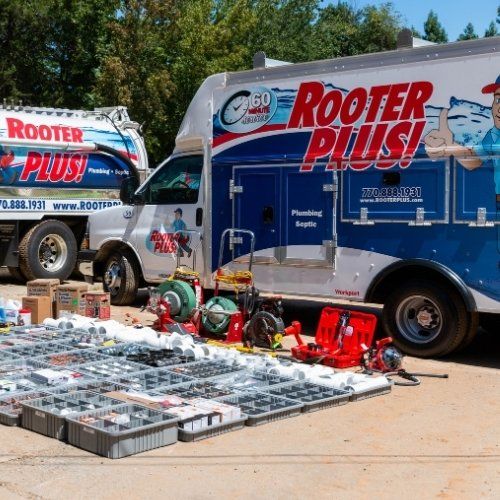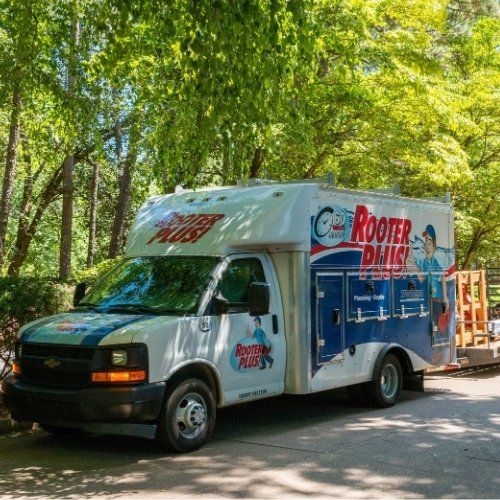May 27, 2025
If you have noticed soggy patches or standing water in your yard, especially when there has not been any rain, your septic system may be the cause. These damp, muddy areas are more than just annoying. They often point to a deeper issue beneath the surface, most commonly related to your septic drain field.
Wet areas in your yard are important to pay attention to because they often mean your drain field is not working properly. When this happens, you could experience health risks, bad smells, plumbing problems inside the home, and potentially expensive repairs.
In this article, we will explain why this happens, what signs to look for, and what steps you can take. We will discuss what a drain field is, how water use, weather, or damage can lead to issues, and how to clear a clogged leach drain or identify when septic water is rising to the surface.
Why Is My Septic System Causing Wet Spots in My Yard?
The most common reason for wet areas in your yard is a problem with the septic drain field. This area, also called a leach field, is where wastewater from your septic tank is released into the soil for natural filtering.
When the drain field becomes overloaded, clogged, or damaged, the wastewater has nowhere to go. Instead of being absorbed by the ground, it begins to rise to the surface. This can lead to puddles, squishy spots in the grass, or even wastewater bubbling up after a heavy rain.
Here are the most common causes of this issue:
1. Too Much Water at Once
If your household is using a large amount of water—for example, with long showers, multiple laundry loads, or frequent dishwasher use—your drain field may not be able to absorb all of it. Add a heavy rainstorm on top of that, and the soil around your system becomes waterlogged.
This results in water collecting above ground, especially in areas above or near the drain field.
Real-Life Example:
Think of a busy holiday weekend when your family is visiting. With extra laundry, dishes, and showers, water use climbs fast. If it rains during that time, your yard may begin to show signs of overload.
2. Clogged or Blocked Drain Field Pipes
Over time, waste solids, grease, or tree roots can create blockages in your drain field. This prevents water from flowing through the system and causes it to back up. In some cases, if your septic tank has not been pumped on schedule, solids can escape into the drain field and cause problems.
Warning Signs to Watch For:
-
Toilets and sinks that drain slowly
-
Bad odors near the yard
-
Pools of water forming above the drain field
To clear a clogged leach drain, professionals may use tools like high-pressure water jetting or dig up and repair the affected area.
3. Aging System or Poor Maintenance
Every septic system has a lifespan. If yours is older or has not been regularly maintained, it may not function as well as it should. Pipes can break, filters can fail, and the soil around your drain field can become less absorbent.
Neglecting to pump your septic tank every few years can also lead to system overload, which results in wet spots above ground.
How Often Should It Be Pumped?
Most homes in the Atlanta area need pumping every three to five years. If your household is larger than average or uses more water than most, you may need service more often.
4. Damage to the Drain Field
Parking on your lawn, placing heavy structures over the drain field, or compacting the soil with equipment can crush underground pipes. Once the drain field is damaged, it cannot properly distribute and filter wastewater. This leads to water surfacing in the yard.
Tree roots are another issue. They naturally grow toward moisture and can break through the pipes in your septic system.
5. Chemical or Bacterial Imbalance
Your septic tank depends on good bacteria to break down waste. When strong chemicals, bleach, or antibacterial products are flushed or poured down the drain, they kill off these important bacteria. Without them, solids build up faster and are more likely to clog the drain field.
What You Can Do:
Use cleaners that are labeled safe for septic systems. Avoid flushing paint, solvents, or medications down the toilet or sink.
6. Heavy Rain and Poor Yard Drainage
Atlanta often gets sudden storms, especially during spring and summer. If your property already has poor drainage or sits on a low-lying area, heavy rain can push your system beyond its limits.
When the soil around the tank and field becomes fully saturated, gases may push back into the plumbing system. You might hear bubbling sounds from your toilet or smell sewer gas inside the home.
What Is a Drain Field and Why Is It Important?
The drain field is the part of your septic system that handles the final step in wastewater treatment. After solids settle in the septic tank, the liquid moves into a series of pipes in the drain field. These pipes slowly release the water into the soil, where it is cleaned by natural processes.
When the drain field does not work properly, the system fails. And when it fails, wastewater can end up on your property and even make its way back into your home's plumbing.
How to Prevent Wet Spots in Your Yard
Most septic problems can be avoided with proper care and smart habits. Here are some simple steps you can take:
-
Schedule septic tank pumping every few years
-
Avoid doing too many water-heavy chores in one day
-
Do not flush grease, bleach, or non-biodegradable items
-
Choose septic-safe toilet paper and cleaning products
-
Keep heavy vehicles and structures away from the drain field
-
Plant trees far away from the septic system
-
Add yard drainage solutions if rainwater pools often
Final Thoughts on Septic Systems and Wet Yard Spots
If you are seeing wet areas in your yard and think your septic system might be the reason, do not ignore it. Whether the issue is caused by too much water use, damage to the field, or clogs in the system, the drain field may no longer be working correctly.
The sooner you address it, the less expensive and stressful the repair will be. If left alone, you could face plumbing backups, damage to your home, and even full system replacement.
Contact RooterPLUS! Today
If you are in the Atlanta area and suspect a septic issue, reach out to RooterPLUS! We can inspect your system, identify the problem, and get things working again quickly. We have been helping homeowners in Georgia for years and are always happy to lend a hand.
Schedule your septic inspection with RooterPLUS! and stop the soggy yard problems before they get worse.







